Once upon a time, I was strictly a cat person. But during college, watching my Geology field trip friends bond with their dogs changed everything. I craved a canine companion and dove deep into researching dog breeds. Small athletic dogs weren’t on my list—I chose a Rhodesian Ridgeback. Fate intervened when my roommate adopted a Dachshund puppy, Chester, whom I often cared for. Unable to leave him alone, he tagged along on all my adventures.
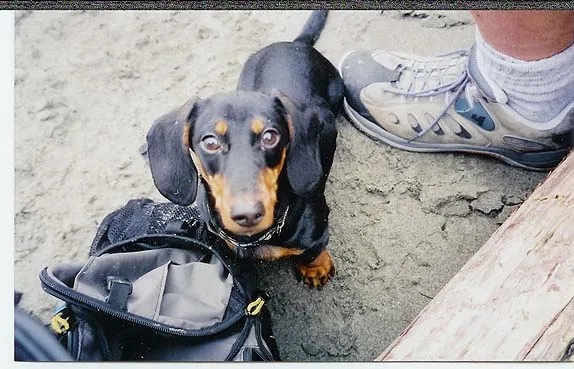 Chester the Dachshund at the beach, enjoying outdoor fun
Chester the Dachshund at the beach, enjoying outdoor fun
Unaware of breed specifics, I treated him like a big dog: running 3-5 miles, hiking trails, and exploring outdoors. Dachshunds, bred in Germany for tracking badgers and rabbits, proved surprisingly resilient. This sparked my 20-year passion for hiking with miniature Dachshunds. I’ve hiked with them extensively and written about why hiking with a small dog is better. Turns out, Dachshunds aren’t alone—Chihuahuas, Yorkies, and Pomeranians excel too.
 Looking for small dog breeds for hiking? Discover top picks
Looking for small dog breeds for hiking? Discover top picks
While any dog can adapt to hiking with training, certain small dog breeds for hiking shine due to their history, build, and energy. I’ve compiled 15 top small athletic dog breeds (under 25 lbs) that thrive on trails. Consider mixes or rescues via Petfinder.com. Always research grooming—short coats like my Dachshund’s are trail-easy, while longer ones offer warmth but need upkeep. For loyal trail partners akin to service roles, check best companion dog breeds for elderly.
Small Athletic Dogs (Typically Under 12 lbs)
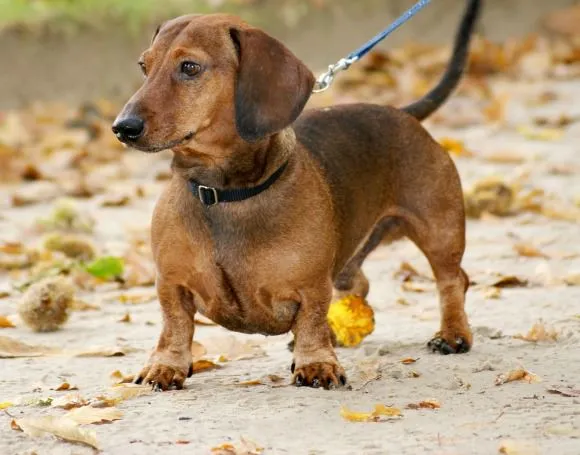 Group of energetic small dogs ready for adventure
Group of energetic small dogs ready for adventure
1) Dachshund
Standard Dachshunds (16-32 lbs) hunted badgers, while miniatures (5-11 lbs) tracked rabbits—tweenies fill the gap (12-15 lbs). With smooth, wire, or long coats in various colors, these hounds boast lively, brave personalities. Don’t underestimate their short legs; they’re tenacious hikers.
Key health watch: Intervertebral disc disease (IVDD). Prevent via weight control, muscle-building hikes, and harnesses avoiding neck pressure. Vets note controlled hiking strengthens spines.
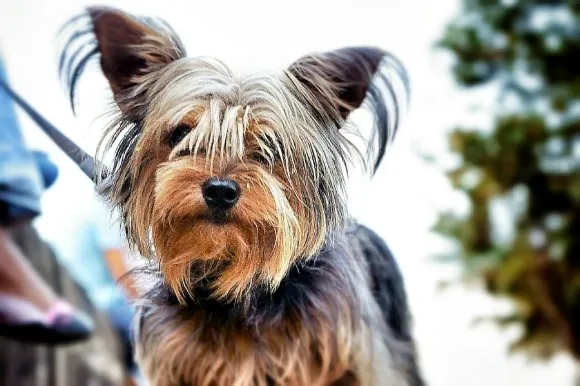 Yorkie exploring outdoors with energy
Yorkie exploring outdoors with energy
2) Yorkshire Terrier (Yorkie)
Yorkies (7-15 lbs), bred in 19th-century England for ratting in mills, are inquisitive adventurers needing exercise. Brave and fast, they’re common on trails after Dachshunds. Train recall rigorously—they dart. Monitor patellar luxation.
3) Norfolk Terrier
British Norfolk Terriers (11-12 lbs), smallest terriers, hunted vermin with agility and courage. Loyal, dog-friendly, and energetic, they love trails but watch hips/joints.
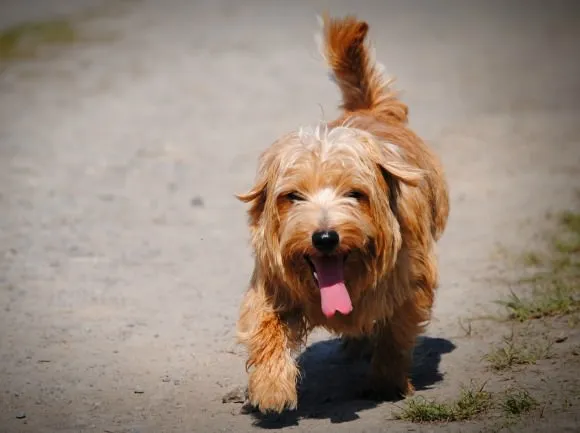 Norfolk Terrier in action on a hike
Norfolk Terrier in action on a hike
4) Miniature Pinscher
German Min Pins (8-10 lbs) are sturdy, energetic explorers. They crave rigorous hikes but leash them—strong prey drive. Keep lean to avoid luxating patella.
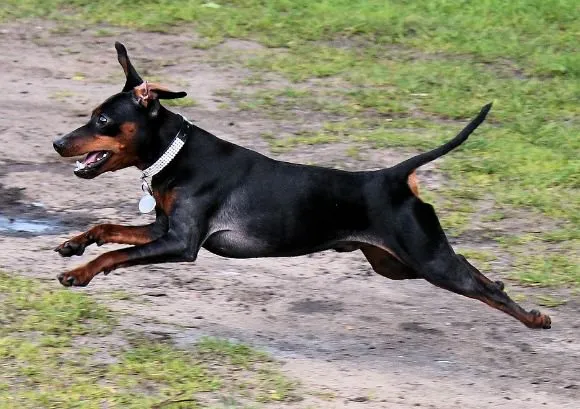 Miniature Pinscher showing agility
Miniature Pinscher showing agility
5) Pomeranian
Pomeranians (4-8 lbs) from Pomerania gained fame via Queen Victoria. Confident and spirited, their thick coats suit cooler hikes but require grooming. Use breastbone harnesses to prevent tracheal collapse. Early socialization curbs dog reactivity.
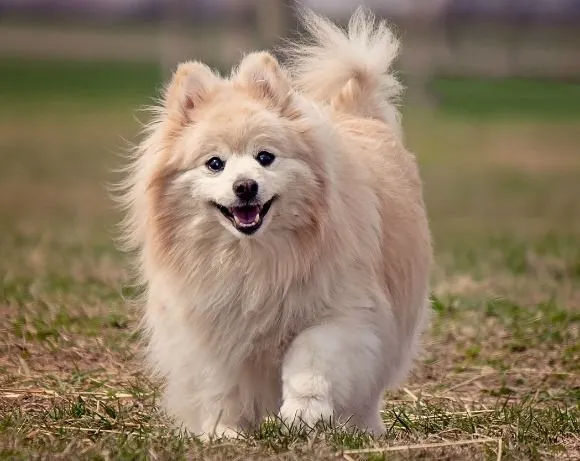 Pomeranian with fluffy coat ready for trails
Pomeranian with fluffy coat ready for trails
6) Chihuahua
Tiny Chihuahuas (4-6 lbs), possibly ancient Mexican, are feisty outdoor lovers. Seen on Washington trails, they need jackets in cold (low body heat) and patella checks.
 Chihuahua enjoying sunny hike
Chihuahua enjoying sunny hike
Medium Athletic Dogs (Typically Under 25 lbs)
 Beagle sniffing on a trail adventure
Beagle sniffing on a trail adventure
7) Beagle
British scent hounds (18-25 lbs) track hares with friendly vibes. Leash essential—scent-obsessed with selective hearing. They bay; discourage it. Watch spinal issues and “Funny Puppy” syndrome.
8) Norwegian Lundehund
Rare Norwegian puffin hunters (13-20 lbs) boast flexible joints, six-toed feet for climbing. Playful, non-aggressive; manage gut disorders.
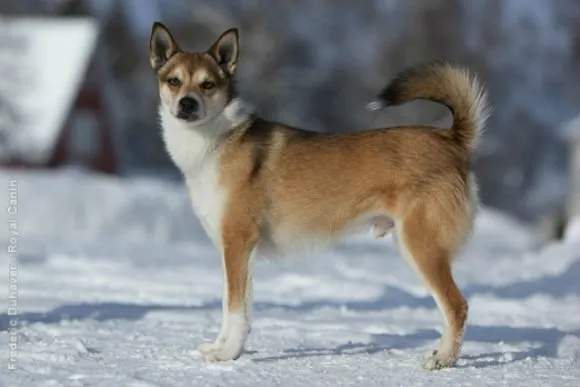 Norwegian Lundehund demonstrating unique flexibility
Norwegian Lundehund demonstrating unique flexibility
Breeds like these show athleticism beyond size, similar to specialized roles in best dog breeds for diabetic alert dogs.
9) Alaskan Klee Kai
1970s mini Husky-lookalikes (10-15 lbs): agile climbers for snow. Intelligent, loyal; socialize early. Low shedding, allergy-friendly.
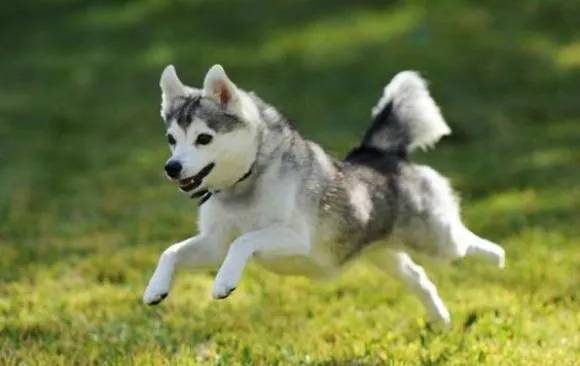 Alaskan Klee Kai in snowy terrain
Alaskan Klee Kai in snowy terrain
10) Jack Russell Terrier
Fox-hunting JRTs (14-18 lbs) are high-energy athletes. Rigorous hikes meet needs; watch knees/eyes.
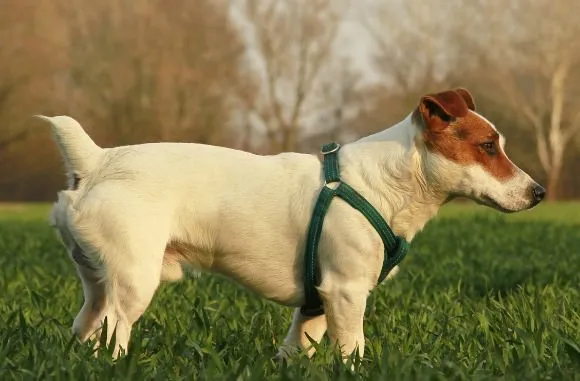 Jack Russell Terrier full of energy
Jack Russell Terrier full of energy
11) Cairn Terrier
Scottish ratters (13-18 lbs) are smart sniffers, like Toto. Sturdy trail navigators; monitor cataracts/hips.
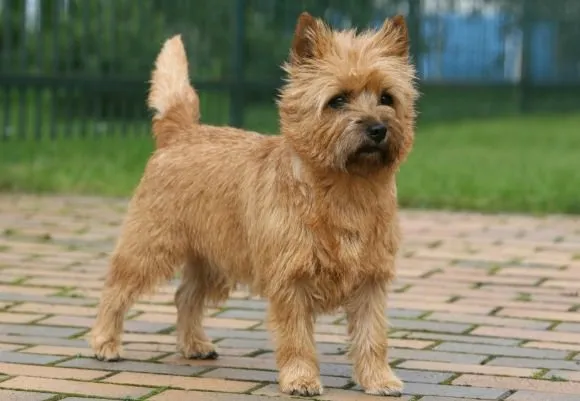 Cairn Terrier exploring rugged paths
Cairn Terrier exploring rugged paths
12) Miniature Schnauzer
German farm ratters (10-18 lbs) are spirited travelers. Strong prey drive—leash up. Active life prevents hyperlipidemia/diabetes.
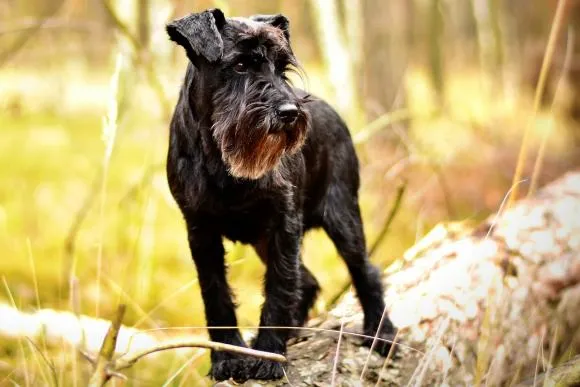 Miniature Schnauzer alert on hike
Miniature Schnauzer alert on hike
For devoted companions, explore best dog breed for psychiatric service dog.
13) West Highland White Terrier (Westie)
Scottish hunters (15-20 lbs) are jolly, confident. Sturdy but prone to hernias/liver issues.
14) Pembroke Welsh Corgi
Welsh herders (20-25 lbs) chase with agility. Intelligent but snippy; healthy overall.
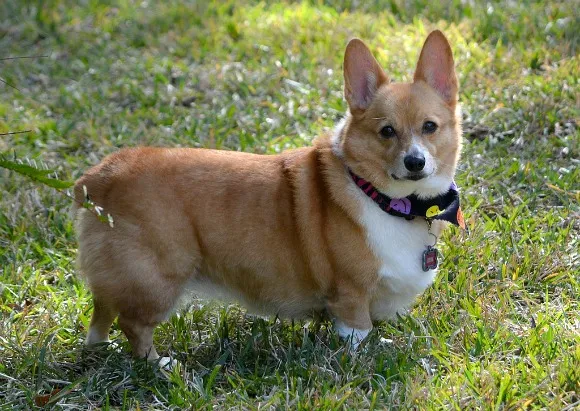 Pembroke Welsh Corgi on trail
Pembroke Welsh Corgi on trail
15) Schipperke
Belgian “little black devils” (6-20 lbs) are curious athletes. Hiking bonds them; avoid overfeeding for joints. 15% carry MPS IIB.
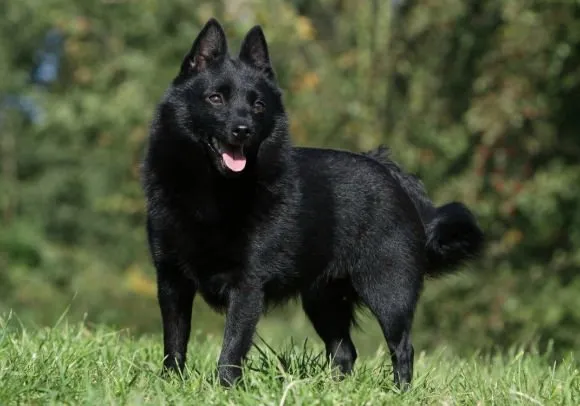 Schipperke mischievous on adventure
Schipperke mischievous on adventure
See more on alert breeds like best dog breeds for psychiatric service dogs.
Advantages of Small Dog Breeds for Hiking
Small dogs snuggle in sleeping bags, spark trail chats, and are portable if tired. They’re apartment-friendly, cheaper to feed, and travel-accommodating (hotel weight limits, #Vanlife). Size doesn’t dictate exercise—breed temperament does. Challenge the “lazy lapdog” myth; these breeds prove small dogs need adventures too.
In summary, small dog breeds for hiking like Dachshunds and Yorkies offer big energy in compact packages. Research health, train recall, use proper gear, and consult vets for personalized advice. Start slow, build stamina, and enjoy trails together. Ready for your next hike? Explore more breed guides and share your stories!
